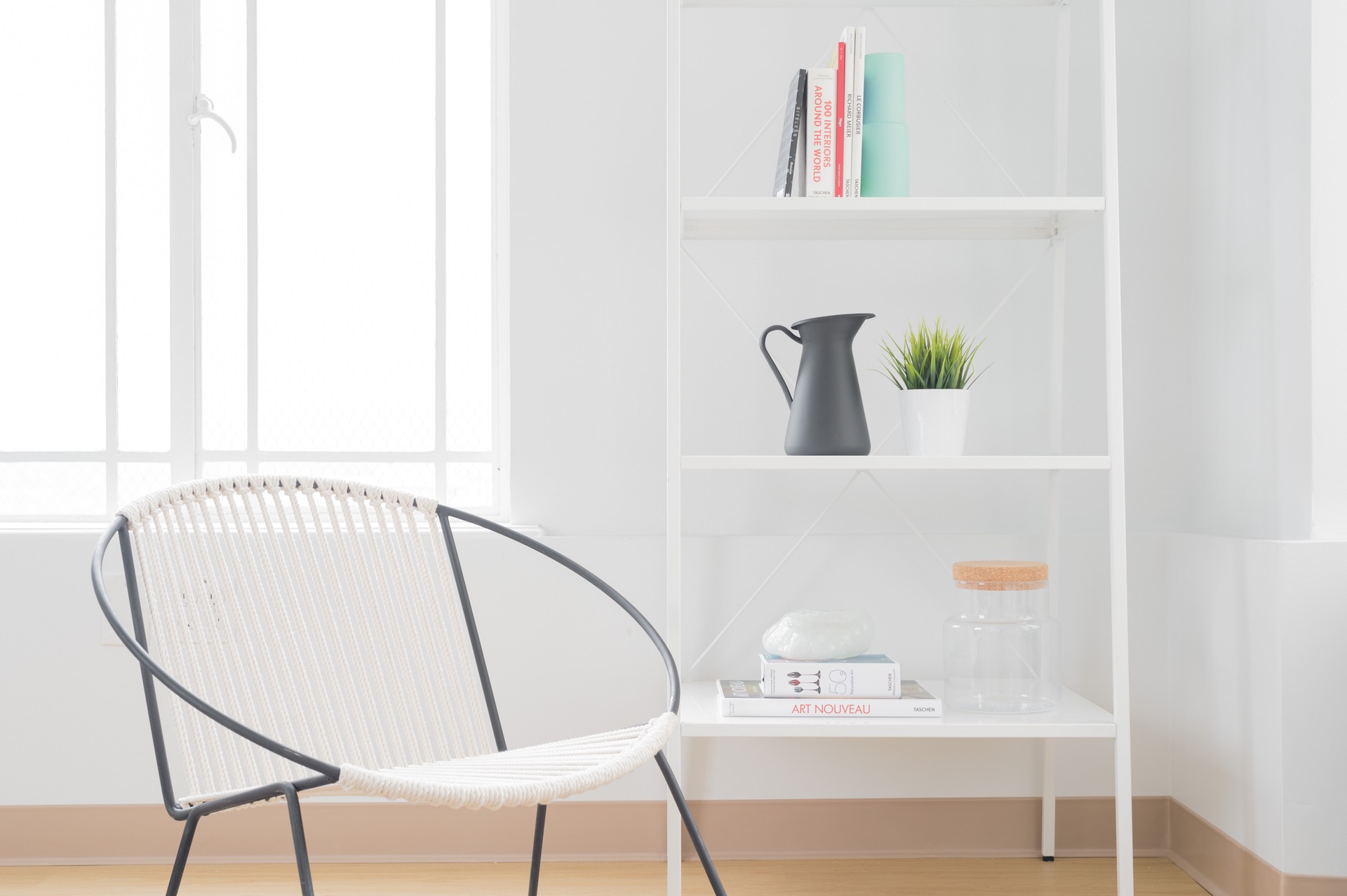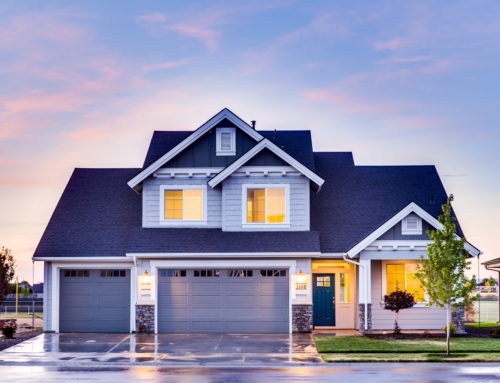Homebuyers navigating the real estate market often focus on the factors that suit their needs today — and for the duration that they live at the property. Many overlook the home’s future resale value. Yet, according to NAR (National Association Of Realtors), you should approach choosing a home as more of a business decision. The location of the property, size, layout, and condition all influence whether the home is a good investment, or whether you will have resale problems later on. Here are a few things you might want to consider that will affect a home’s resale value down the road.
The Neighborhood
Location influences the value of real estate more than anything else. Homes in a desirable location will attract a larger pool of buyers, and competing buyers typically push up prices — And this is exactly what you want when you put the house up for sale in the future!
Although a good location is pretty subjective, most home buyers tend to want homes with the following amenities:
- A safe, quiet street
- Good transportation links
- Highly rated schools
- A variety of retail stores
- Good restaurants
As a result, homes facing a strip mall or business park often sell for less due to their unappealing view. Conversely, homes with a good view sell at a premium. And for this reason, make sure to check out any future developments that might impact the view before you buy.
As a real estate agent located in a quickly developing community, I encounter this often. I once had a client who was interested in a home because it was located in a prime spot on a golf course. Fortunately, I had the insight to tell him that the golf course’s lease was up, and it had not been renewed. So if he decided to buy a home here, it was going to be a gamble. He decided against it, and sure enough, the golf course was just sold to a developer who has plans to convert it into luxury apartments. Obviously, he dodged a bullet on that one.
Layout and Configuration
Regardless of the square footage of the house, the configuration of the rooms plays an important role in establishing resale value. For example, bedroom and bathrooms with poor layout or functionality could negatively impact the value of the property.
Home buyers typically want 3 or more bedrooms, according to NAR. Likewise, be careful when purchasing a home with 5 bedrooms or more, because this could be too much for home buyers to handle.
Here are some common items that will usually raise the resale value:
- Walk-in closets
- Open floor plans
- Laundry rooms
- A high-functioning kitchen
- A master bathroom
Additions And Renovations
Some remodeling projects can add instant value to your home. Interestingly, studies show that replacing old siding provides the greatest return on investment and gets the highest resale price — Although, most of the homes in Southern California that siding are usually confined to mid-century modern and modern architectural styles.
Studies also show that adding a bedroom puts your home into another price category as well, so convert your loft or den can be an instant injection of equity. But again, just be aware that a 5th bedroom, may or may not add value depending on your home’s demographic.
Quick kitchen fixes, like replacing cabinet doors or adding new sinks and faucets, will typically increase the value of your home — Sometimes by the exact dollar amount you spent on the update. Adding a master bathroom can add 20% to your home’s value.
The Role Of The Agent
The price of your home is affected by external factors. For example, if a local employer moves out of town, the value of your home will likely decrease — The most extreme example of this is what happened in Detroit after the auto industry’s hay day.
Interest rate hikes, unemployment rates, and even birth rates can also impact house prices. Thus, it’s usually impossible to accurately predict the future resale value of a home.
However, an experienced real estate agent can help — If you don’t have an agent yet, give us a quick call or text and we can refer a top agent in your area. If your home is ready to sell, ask your agent to prepare a home value estimate. This document analyzes the current selling prices of comparable homes in your neighborhood and sets a price range for your home.
When considering resale value, ask your agent to consider local price trends, employment statistics, transportation plans, and incoming industries to estimate the likelihood of getting a good price when you eventually do sell.
If you don’t have an agent, call or text me anytime!






Leave A Comment